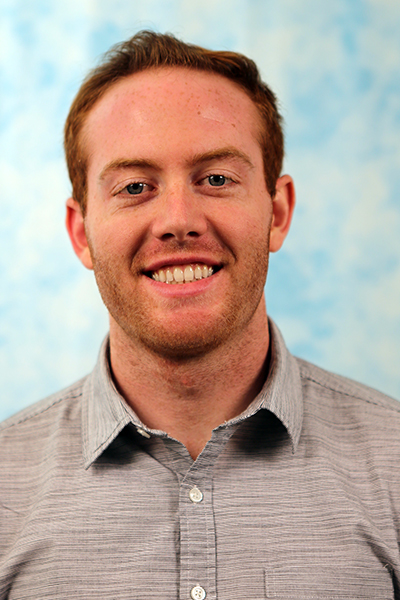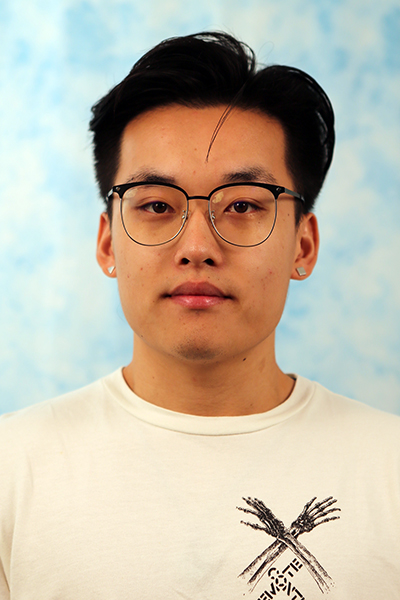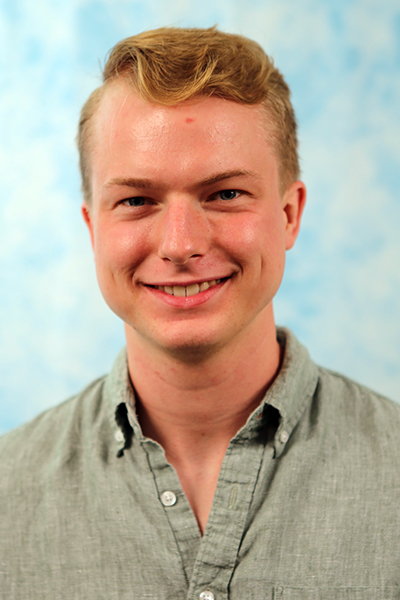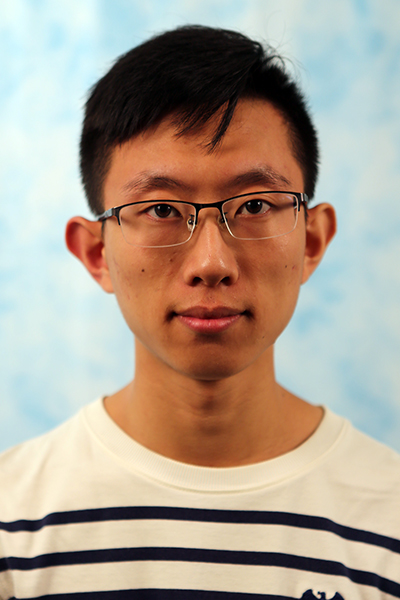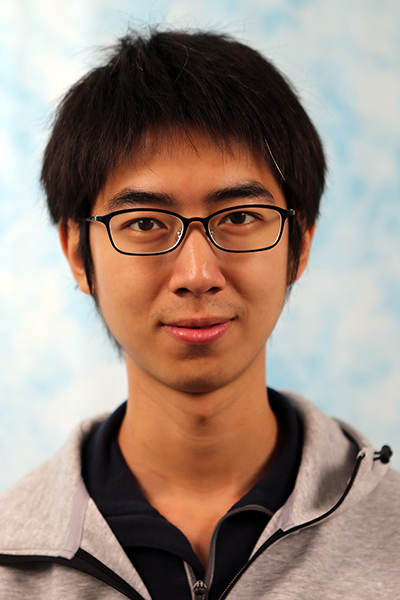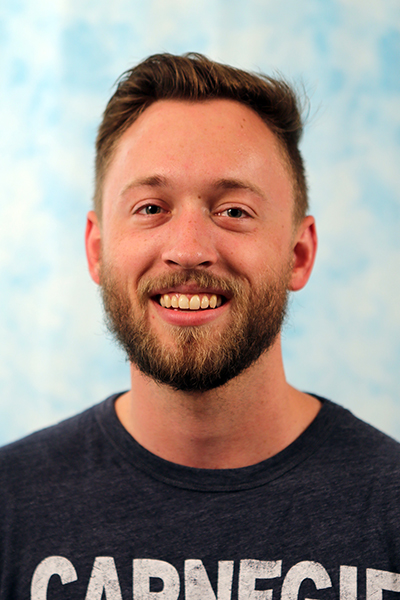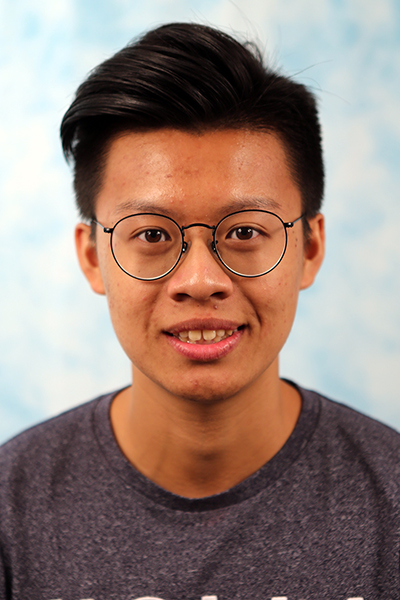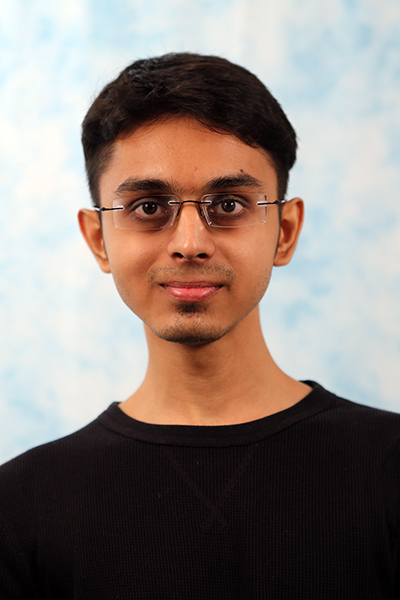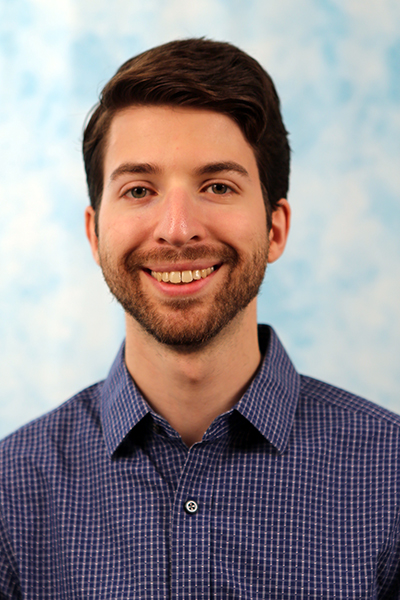Carnegie Mellon University
Kevin Christensen – MSR Thesis Talk
*LOCATION CHANGE TO NEWELL SIMON HALL ROOM 1305* Title: Computer Vision for Live Map Updates Abstract: Real-time traffic monitoring has had widespread success via crowd-sourced GPS data. While drivers benefit from this low-level, low-latency map information, any high-level traffic data such as road closures and accidents currently have very high latency since such systems rely solely [...]
Carnegie Mellon University
MSR Thesis Talk – Weizhao Shao
Title: Stereo Visual-Inertial-LiDAR Simultaneous Localization and Mapping Abstract: Simultaneous Localization and Mapping (SLAM) is a fundamental task to mobile and aerial robotics. The goal of SLAM is to utilize onboard sensors for estimating the robot’s trajectory while reconstructing the surrounding environment (map) in real-time. The algorithm should also be able to perform loop closure, such [...]
Carnegie Mellon University
Samuel Clarke – MSR Thesis Talk
Title: Robot Learning for Manipulation of Granular Materials Abstract: Granular materials are ubiquitous in household and industrial manipulation tasks, but their dynamics are difficult to model analytically or through simulation. During manipulation, they provide rich multimodal sensory feedback. We present a robotic system we constructed for investigating manipulation of granular materials. We present [...]
Gengshan Yang – MSR Thesis Talk
Title: Volumetric Correspondence Networks for Stereo Matching and Optical Flow Abstract: Many classic tasks in vision, such as the estimation of optical flow or stereo disparities, can be cast as dense correspondence matching. Well-known techniques for doing so make use of a cost volume, which is typically a 3D/4D tensor of match costs between all [...]
Carnegie Mellon University
Jack Yang – MSR Thesis Talk
Title: Surfel-based RGB-D Reconstruction and SLAM with Global and Local Consistency Abstract: Achieving high surface reconstruction accuracy in dense mapping has been a desirable target for both robotics and vision communities. In the robotics literature, simultaneous localization and mapping (SLAM) systems use depth-enabled cameras to reconstruct a dense map of the environment. They leverage [...]
Carnegie Mellon University
Kevin Pluckter – MSR Thesis Talk
Title: Precision UAV Landing in Unstructured Environments Abstract: The autonomous landing of a drone is an important part of autonomous flight. One way to have a high certainty of safety in landing is to return the drone to the same location it took-off from. Current implementations of the return-to-home functionality fall short when relying solely [...]
Carnegie Mellon University
Zimo Li – MSR Thesis Talk
Title: Joint Surface Reconstruction from Monocular Vision and LiDAR Abstract: In recent years, dense reconstruction gains popularity because of its broad applications in inspection, mapping, and planning. Cameras or LiDARs are generally deployed for 3D dense reconstruction. However, current reconstruction pipelines based on cameras or LiDARs have significant limitations in achieving an accurate and [...]
DJI Visit & Demo
Really interested in aerial robotics? You are invited to meet members of the DJI technical team and human resources. This Friday, July 12th, Sam Wang (CMU MRSD '16) Robotics Software Engineer, DJI, will be giving a public demo and short talk. This visit is part of the 3rd annual DJI – CMU RISS aerial robotics [...]
Carnegie Mellon University
Bhavan Jasani – MSR Thesis Talk
Title: Automatic detection of human affective behavior in dyadic conversations Abstract: Emotion is communicated through face, voice, and body motion in interpersonal contexts. Yet, most approaches to automatic detection emphasize a single modality (especially face or voice), ignore social context, and focus on well-defined signs of emotion (e.g., smile). This thesis addresses multimodal, interpersonal emotion [...]
Carnegie Mellon University
Aaron Roth – MSR Thesis Talk
Title: Structured Representations for Behaviors of Autonomous Robots Abstract: Autonomous robot behavior can be captured in many ways: as code, as modules of code, in an unstructured form such as a neural net, or in one of several more structured formats such as a graph, table, or tree. This talk explores structured representations that [...]
